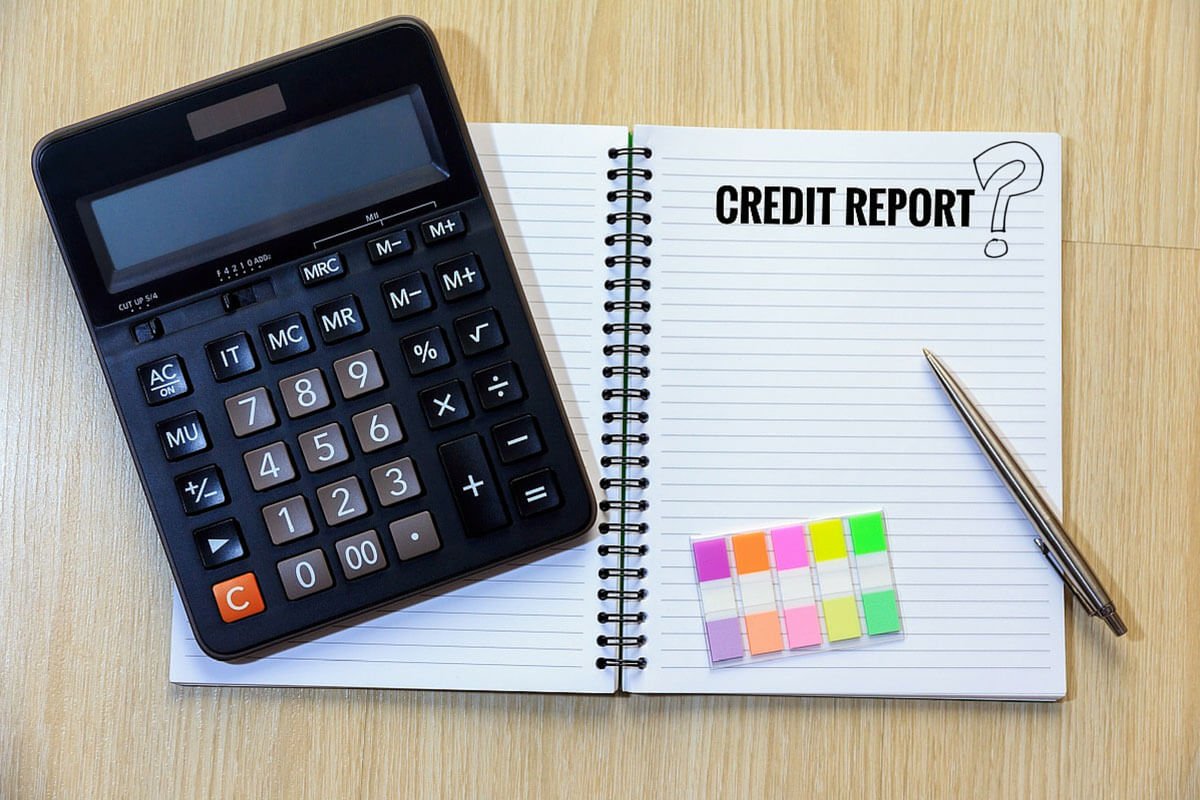What is a Credit Report?
Credit Education , Credit ReportRentReporters
August 2, 2016
3 mins read
Your credit history is important to you and a lot of other people – banks, prospective employers, utility companies, credit card companies, and mortgage lenders to name a few. Why? Simply put, your credit history provides these and other people a look at how you manage financial responsibilities – and where they get this information from is a credit report.

Your credit history is important to you and a lot of other people – banks, prospective employers, utility companies, credit card companies, and mortgage lenders to name a few. Why? Simply put, your credit history provides these and other people a look at how you manage financial responsibilities – and where they get this information from is a credit report.
So, what is a credit report? A credit report is used to calculate your credit score, a numerical value assigned to an individual and calculated by looking at all aspects of a credit report – the good and bad – and provides information on your credit and status of your credit accounts, which can include history of on time payments, amount of credit you have, and overdue debt from collection agencies. All credit reports provide the same categories of information, which include:
- Personal identifying information such as your name, address and social security number
- Trade lines, which are your credit accounts like a mortgage and car loan
- Credit inquiries that provide a 2-year history of everyone who has accessed your credit report
- Public records and collection, which can include bankruptcies, foreclosures, liens and judgments
To make sure that those companies involved with credit reporting are providing accurate information, the government enacted the Fair Credit Reporting Act, which protects you from negligent inclusion of inaccurate information in your credit reports. Also, under the Fair and Accurate Credit Transactions Act of 2003 (FACTA), you are legally entitled to request and obtain one free credit report every 12 months from each of the nationwide consumer credit reporting agencies, which are Equifax, Experian and TransUnion.
Your credit report holds personal and sensitive information that can limit your ability to participate in society like everyone else, such as being billed for utilities versus prepaying, getting a regular cellphone instead of a prepaid one, or even having access to a company’s best plans. For example, did you know that according to T-Mobile, half of Americans do not quality for their best wireless plans due to bad credit? But did you know that there are steps you can take to proactively improve your credit score, like paying your bills on time. And this includes your monthly rental payments!
If you are one of the 100 million Americans paying rent, you can have your on time rent payments reported to the credit bureaus. With solutions like RentReporters, you can seamlessly start reporting your payments to open a trade line on your credit report, showing that you take your financial obligations seriously.

